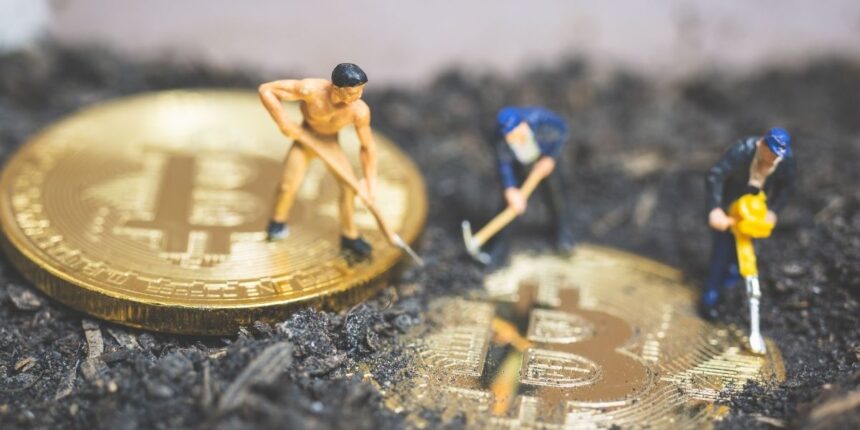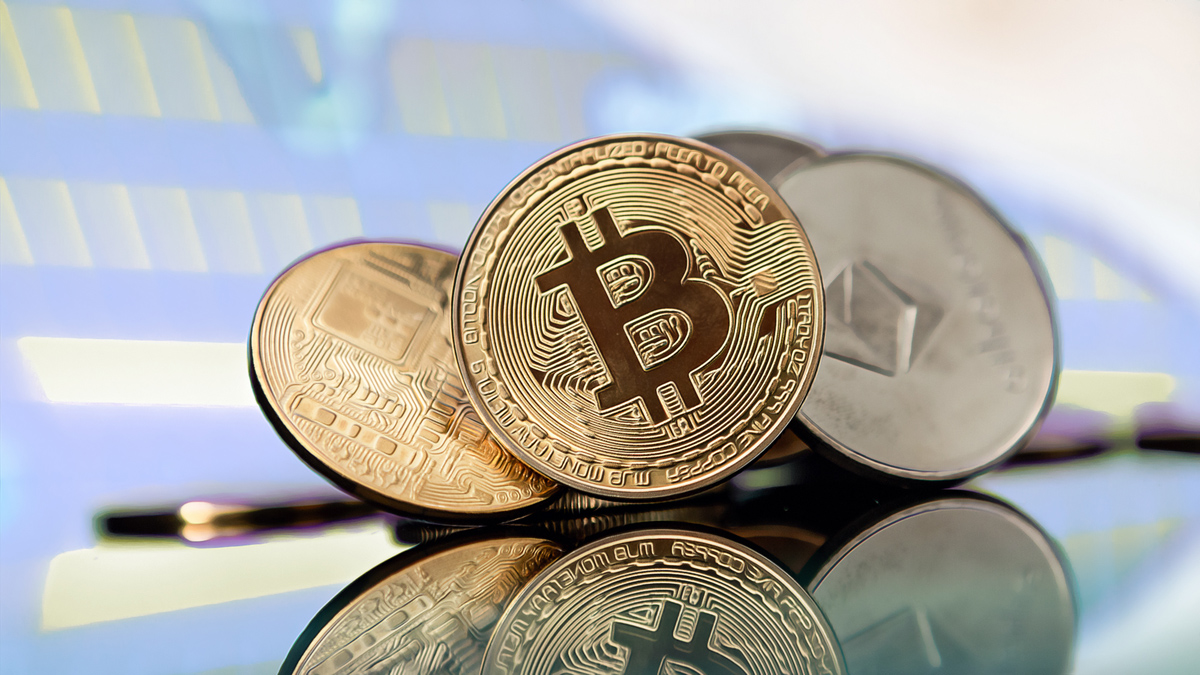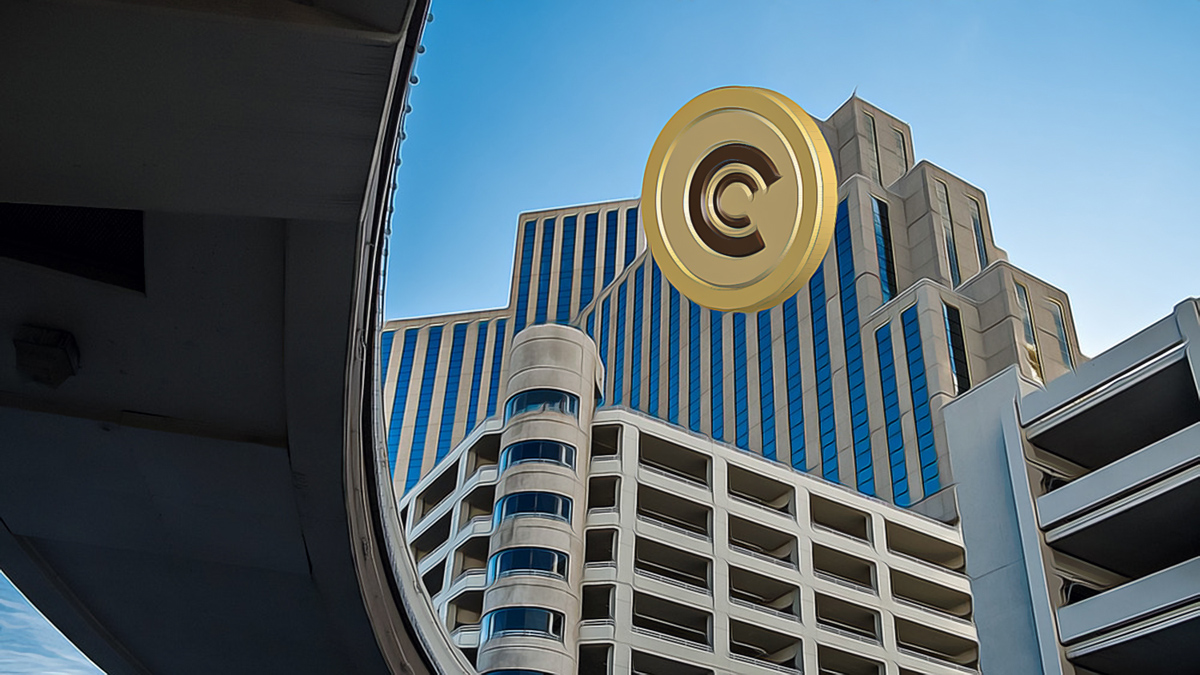Belarus President Alexander Lukashenko has begun contemplating the use of surplus electricity in his country for cryptocurrency mining. The country’s leaders highlighted the economic potential of this excess energy, bringing discussions of establishing a digital asset reserve to the forefront.
Mining with Surplus Energy
The president emphasized that the current surplus of electricity could be utilized for digital asset production. Suggestions arose regarding enhanced investor interest and evaluating electricity sales. Plans are underway to overcome bureaucratic hurdles and take the necessary steps in this direction.
Alexander Lukashenko: “Look at this mining. If it’s profitable, let’s implement it. We have excess electricity. Let’s transition to digital asset production.”
In his remarks, the president stressed the country’s preparedness, indicating that the excess electricity could be turned into an advantage.
Considering the potential of Bitcoin  $104,922 prices, Belarus could generate significant revenue in the long term.
$104,922 prices, Belarus could generate significant revenue in the long term.
International Approaches
Similar initiatives are being discussed in the United States. As the U.S. takes steps to assess cryptocurrencies as strategic reserves, other countries are closely monitoring this application. These developments signal global efforts towards technological alignment.
During meetings in the U.S., notable figures’ approaches to cryptocurrency mining were referenced. Howard Lutnick commented on the likelihood of advancing plans concerning strategic reserves.
Howard Lutnick: “I think the Trump administration will advance its plans regarding cryptocurrency reserves.”
U.S. policies and international discussions indicate a potential for cryptocurrencies to evolve into a larger ecosystem in terms of value. Countries are closely tracking technological developments to make necessary adjustments in regulations and practices. Such initiatives can be seen as efforts to use energy resources efficiently and adapt to the digital economy.

 Türkçe
Türkçe Español
Español









